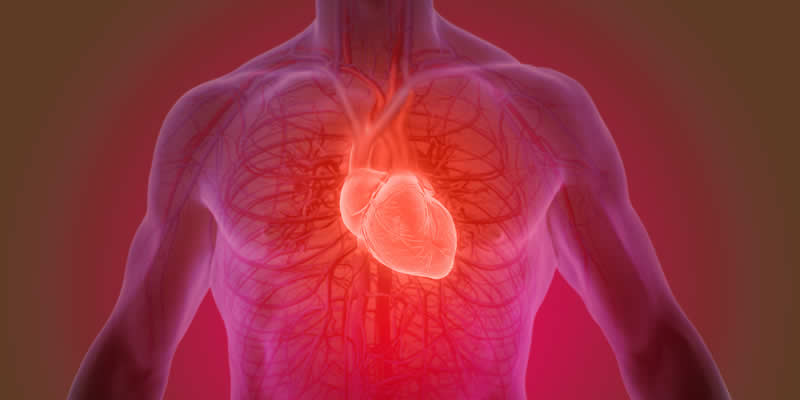COVID-19 is a vascular disease and not a respiratory disease, which researchers had initially thought.
A ground-breaking study has unveiled more information about how COVID-19 attacks the vascular system.
Previous studies have identified distinctive “spike” proteins which latch onto healthy cells, but this trial has discovered that they also play a key role in the disease itself.
The researchers say their findings could pave the way for new treatments..
Study co-senior author, Assistant Research Professor Uri Manor, said: “A lot of people think of it as a respiratory disease, but it’s really a vascular disease. That could explain why some people have strokes, and why some people have issues in other parts of the body. The commonality between them is that they all have vascular underpinnings.”
For this study the research team “pseudovirus” that was surrounded by spike proteins which did not have contain any of the actual virus.
Once exposed to the pseudovirus the spike protein caused damage to the lungs and arteries. These findings could also explain why blood clotting is commonly associated with COVID-19.
Professor Manor said this would explain why “some people have strokes, and why some people have issues in other parts of the body”.
- Brisk walking boosts brain power
- Prediabetes could impact long-term brain health
- Man puts type 2 diabetes into remission 23 years since diagnosis
He added: “If you remove the replicating capabilities of the virus, it still has a major damaging effect on the vascular cells, simply by virtue of its ability to bind to this ACE2 receptor, the S protein receptor, now famous thanks to COVID.
“Further studies with mutant spike proteins will also provide new insight towards the infectivity and severity of mutant SARS CoV-2 viruses.”
The research has been published in the Circulation Research journal.





